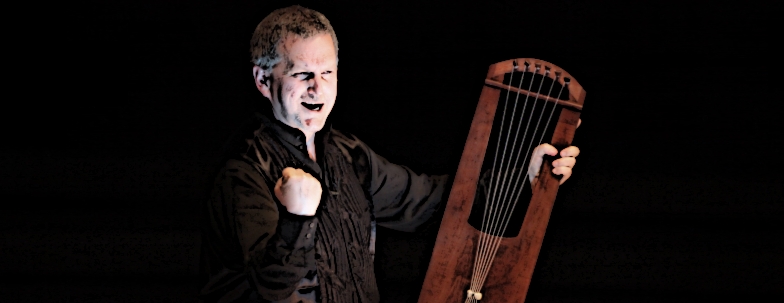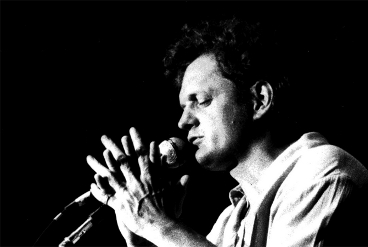Sin and Evil Assignments

Assignment 1: Narrative Poetry
Narrative poetry is poetry that tells a story, and it's especially important to this course because it was the dominant form of storytelling in the Middle Ages. Beowulf is narrative poetry; The Canterbury Tales are narrative poetry; The Divine Comedy is narrative poetry. While prose storytelling was far from unheard of -- after all, the Bible was (mostly) prose -- if you were going to tell a story back then, chances were good that you were going to do it in poetry.
The goals of this assignment are to give each of you a window into that mindset, where good storytelling was good poetry and vice versa, and to give you practice in reading it as both narrative and as poetry.
The assignment itself is as follows:
First, you will find a piece of narrative poetry to both analyse and emulate. It doesn't need to be too long -- you'll get an idea from the examples I'm posting below -- but read the assignment all the way through because the following steps might affect what piece you choose. You will let me know in class on Monday, September 9th, what passage you have chosen.
Second, you will write a brief formal analysis of the piece you chose. (1-2 pages, double-spaced, normal margins and fonts only [see below]). How does the piece work? Try to figure out how the poem's formal elements, like meter, rhyme, alliteration, image, tone, metaphor (etc.), interact with and affect the way it operates as a story.
Finally, you will write a brief poem in the same style as your chosen passage. Do not feel compelled to write me an epic: sixteen to twenty lines will suffice, though if you are feeling particularly inspired, feel free to go beyond that length.
This assignment is due by 11:59pm on Monday, September 16, by e-mail.
Nota Bene: While the purpose of this assignment is to help you understand medieval poetry as storytelling, your chosen passages need not be medieval. To this end, I have put links to a few more recent examples below. You may, of course, write on a medieval example and attempt to recreate its poetic form in modern language, but these examples show you that narrative poetry is still alive and well, and a valid choice for this assignment. Regarding my use of the word "Normal" above: "Normal" margins and fonts means the default margins in programs like Word or OpenOffice, and serious fonts befitting the dignity of a college-level assignment. If you are in doubt, use 1 inch margins, Times New Roman font in size 12. And please, please put your name and page numbers in the header or footer. For more on some (but certainly not all) formal elements often present in narrative poetry, see the excerpt below from A Glossary of Literary Terms, 7th Ed., by M. H. Abrams. Also check out the Oxford Dictionary of Literary Terms, available online through the BC Library via Oxford Reference Online. To get there, log in via the link, search "Oxford Dictionary of Literary Terms", and click the tab marked "Books" (not "Entries").


